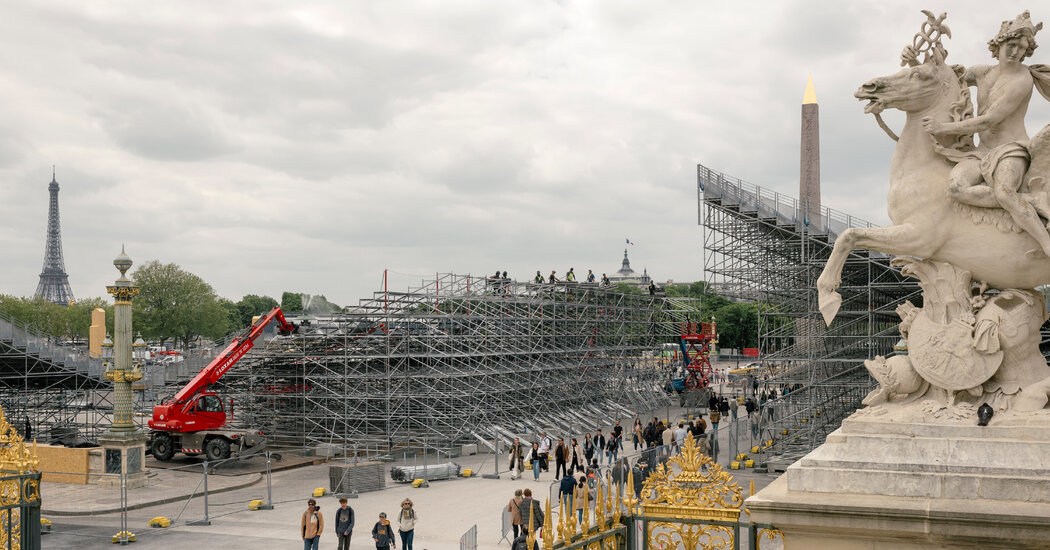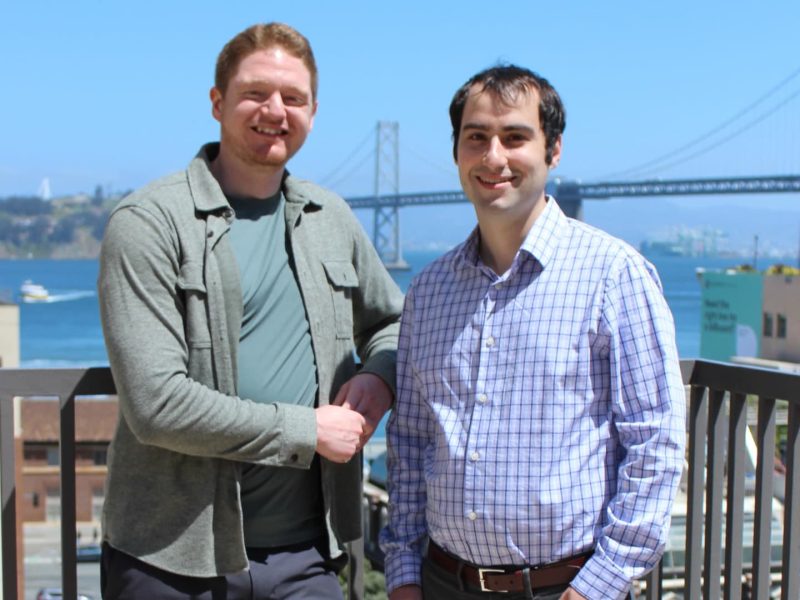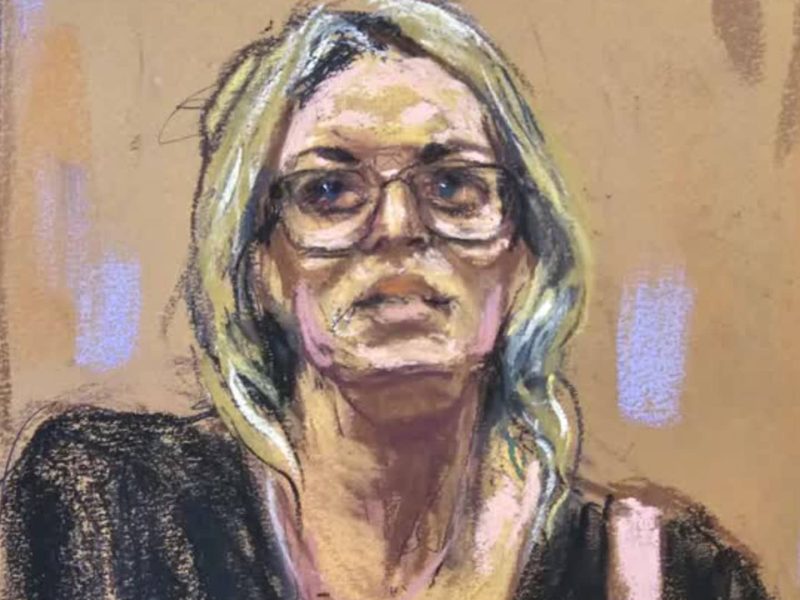A terrorist attack of 2015 that left her city angry and heartbroken persuaded Paris’s mayor, Anne Hidalgo, to campaign for the Olympic Games.
“I said to myself, ‘We need to do something that is unifying,’” she said in an interview this month, remembering the horrifying afternoon when masked gunmen charged into the offices of the satirical newspaper Charlie Hebdo and opened fire that January, killing 12. “Something that is very powerful, very peaceful and allows us to move forward. So, I threw myself into it.”
Nine years later, the Summer Olympics are set to open in Paris in July with France at its highest level of terrorism alert, after the attack on the Moscow concert hall last month. Yet for the first time, the opening ceremony will not be held inside the barricaded confines of a stadium. Instead, athletes will float in boats down the Seine River through the heart of the dense, ancient city before half a million spectators packed into stands and leaning out of windows.
Although some say that makes the ceremony an obvious target, Ms. Hidalgo and other government officials express full confidence in their safety plan.
“The best response is to do it, but to do it seriously and professionally,” the mayor said, adding, “If we don’t do it because we’re afraid, than they’ve won. And they didn’t win.”
Many security experts have also said they have faith in the preparations.
“Paris will be bunkerized under the current plan for the opening ceremony,” said Frédéric Péchenard, the former head of France’s national police. “The French police have spared no expense.”
Officials brewed up the idea for the ceremony to produce a spectacle that was completely new, was open to many and would “show France under its best light,” President Emmanuel Macron said in a recent television interview. The goal, he said, was “to show that we can do extraordinary things.”
Even so, the security challenges are obvious and myriad.
The procession will cover 3.7 miles of the river, passing hundreds of historic buildings of different eras, shapes and sizes, including the Louvre and Eiffel Tower. There are more than 100 access points, uneven roofs and incongruent windows, and a labyrinth of pipes, tunnels and sewers underneath. Then there is the river, with its own swells, eddies, connections and traffic.
“It will require a very long, very complex security operation that won’t eliminate all the risks,” said Bertrand Cavallier, a former commander at France’s national military police training school.
Since the 2015 deadly Islamist attacks, France has become sadly accustomed to terrorist threats and to soldiers patrolling its crowded squares and train stations, their fingers resting near the triggers of machine guns. The latest one was in December, killing a tourist and injuring three others.
Olympics organizers say the potential for terrorism was stitched into the plan for the Games from the start. Over the months of preparation, in response to security concerns, they have adjusted some of the original plans for the opening ceremony — for example, by cutting the number of spectators permitted along the river.
They also point to their experience with big events. For example, in 2016, France hosted the European soccer championships, drawing some 600,000 foreign spectators, noted Tony Estanguet, the head of the Paris Olympic Committee. Even very public failures, like dangerous crowd control problems at the 2022 Champions League soccer final that were blamed on mistakes by the security services, have offered important lessons, officials say.
“Every decision that has been made since 2015 was made through the lens of security,” Mr. Estanguet said in an interview.
He added, “For three years now, we know precisely day by day, site by site, almost hour by hour, our needs.”
The broad outlines of the plan have been made public.
The areas immediately bordering both sides of the river, stretching miles beyond the ceremony’s course, will be marked as a protected zone that will be closed to motorized vehicles eight days before the ceremony.
The 20,000 people who live and work there will need to apply for a QR code and be screened, and no one without a QR code will be allowed entry.
During that time, the river will be closed to navigation.
On the evening of the ceremony, the airspace over and around Paris for 93 miles will be closed, with all four nearby airports shuttered, including Charles de Gaulle, Europe’s third largest.
The Paris police will secure the underground sewers and tunnels. Subway stations within the perimeter will be closed, as will businesses and restaurants.
Soldiers will check the boats that bring the athletes down the river in the parade.
Four helicopters will monitor the sky, with officers trained in tracking and defusing drones.
Some 45,000 police and military police officers will flood Paris and its suburbs — about 10 times their typical presence.
There will be some 100 diver bomb specialists inspecting the water; some 650 officers from specialized anti-terrorist units; over 700 firefighters specialized in stopping nuclear and chemical attacks; about 2,000 private security guards securing the areas holding paying spectators; and 2,500 foreign officers, including some from the United States, many with bomb-detecting dogs.
“There will be a gendarme or police officer every square meter,” said Ghislain Réty, the head of one of the country’s antiterrorism units, which was formed after the terrorist attack on the 1972 Munich Olympic Games, where 11 Israeli Olympic athletes were killed. “A huge amount of intelligence work has been done. Honestly, I think it will be a beautiful party.”
Behind him, as he spoke during a security drill, more than 40 members of his team rammed into an abandoned office building in a Paris suburb using a specialized armored vehicle, and then exited from the roof hanging from a helicopter.
The security for this year’s Olympics will be far greater than what London had during the 2012 Games. It will also surpass the record numbers of officers who last summer quelled riots that broke out around France.
“We have never seen anything like this before,” said Guillaume Farde, a security expert who teaches at Sciences Po University in Paris.
France’s security apparatus on average foils one planned attack every other month, Gérald Darmanin, the interior minister, told a French newspaper this month. He has said that there have been no specific threats against the Olympics.
To date, all 206 delegations — including a selection of the 10,500 Olympic athletes — plan to participate in the opening, and all 120 heads of state have indicated that they will be present, said Marc Guillaume, a top government official for the Paris region. He and others considered that a vote of confidence.
The American Diplomatic Security Service, which oversees the safety of U.S. diplomats at large international events, also expressed satisfaction with the arrangements, according to officials with the service, which sent two members to Paris two years ago to work exclusively on the Games.
To address concerns, the authorities have progressively cut the number of spectators who will be allowed to sit in stands along the river and over many of its bridges — to roughly 300,000 down from 600,000. One-third of those will pay for tickets; the rest are nonpaying spectators who must be invited by government officials or the Olympic Committee.
Polls suggest that Parisians are divided over the plans for the opening ceremony. Some are concerned, but many have grown used to living with terrorism alerts and see the Games as just another potential target. They complain more about the commuting nightmares and crowds that the Olympics will bring.
“I don’t want fear to ruin the Games, which are going to a be a crazy time,” said Jeanne Huyge, 23, enjoying a sunny lunch break on a bench with a friend overlooking the Seine on a recent afternoon. “Otherwise,” she added, “you end up never doing anything.”
Two weeks ago, Mr. Macron said that if there were a serious terrorist threat, the government would be prepared to pull the ceremony off the Seine — and hold it either at Trocadéro Square or in the Stade de France, the national stadium.
“When the sports minister said there was no Plan B, I was shocked,” said Mr. Péchenard, the former head of the national police, referring to an earlier insistence among ministers that the plan would not change. “I was relieved to hear otherwise.”
Still, he pointed out, the opening ceremony will be just the first few hours of a 17-day event, followed later by the Paralympic Games — all to be secured by thousands of police officers and private security guards.
“There’s not just the opening ceremony to secure,” he said. “There are all the actual Games afterwards.”



